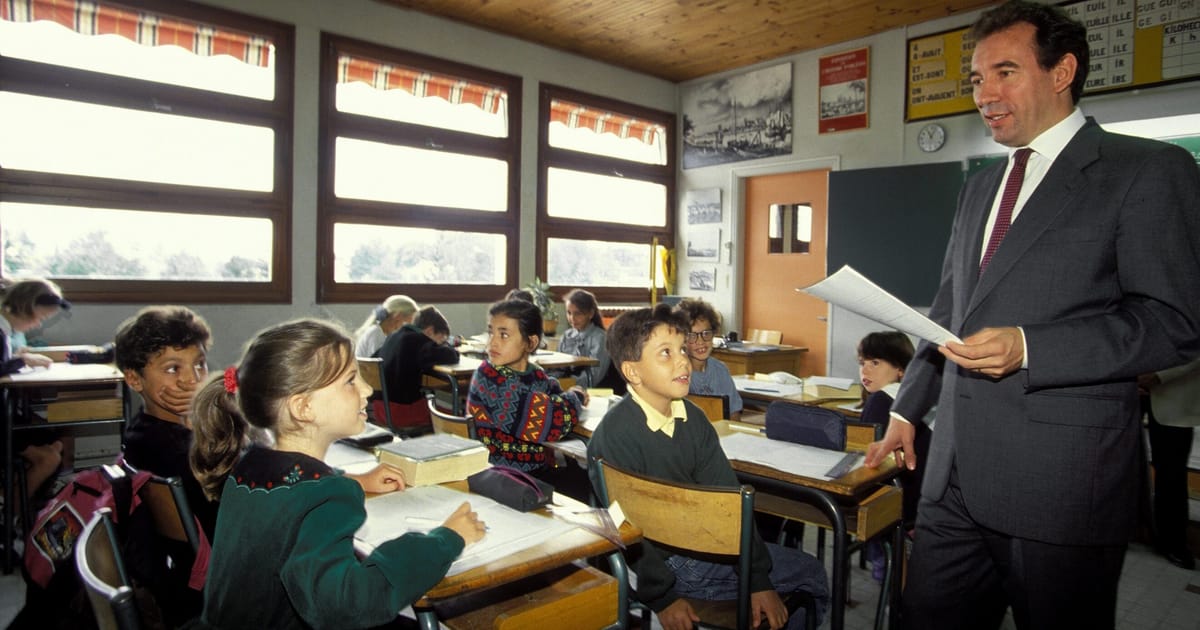

Amidst a world of interconnected events, a variety of pressing issues have unfolded across different regions. From political controversies in France to significant nuclear decisions by Iran, each narrative provides insights into the complexities of today’s global landscape.
In France, François Bayrou, once minister of education, finds himself entangled in a historical controversy resurfacing from the 1990s. Allegations claim that during his tenure, Bayrou failed to adequately address claims of abuse in the educational system. Though these events occurred decades ago, they pose challenges for Bayrou, now serving as Prime Minister, potentially impacting his political legacy. This story underlines the persistent impact of historical actions on current leadership and governance, becoming a poignant reminder of the importance of accountability and integrity in public office.
Turning attention to the Middle East, Iran has made headlines with its decision to cease cooperation with the United Nations nuclear watchdog. This significant diplomatic shift follows recent military strikes by Israel and the United States on Iranian territories. The suspension of collaboration with international nuclear oversight presents concerns over escalating tensions and highlights the delicate balance required in maintaining regional and global security. This move by Iran pinpoints the broader geopolitical chess game and the various diplomatic efforts required to navigate through such complexities, emphasizing the fragility of global peace efforts.
Meanwhile, Ukrainian campaigners have called upon the United Kingdom to reconsider and annul energy contracts tied to Russian companies. These agreements have come under scrutiny due to ongoing geopolitical tensions, particularly Russia’s actions in Ukraine. The campaigners describe these contracts as indefensible, arguing they conflict with supporting Ukraine’s sovereignty. This development underscores the intersection of energy politics and international relations, where economic ties are frequently reexamined in light of ongoing conflicts and ethical considerations.
In the Caribbean, the Haitian government’s utilization of drone technology has marked a turning point in regaining control of its capital, Port-au-Prince, from gangs. The narrative reflects not only the challenges faced by the government in ensuring public safety but also the innovative methods employed to restore order in a city marred by violence. These strides towards stabilization reflect hope and resilience within the community, demonstrating the power of technology in addressing urban safety challenges.
Closer examinations of the situation in Mexico reveal the tragic realities of ongoing cartel violence, particularly in Sinaloa. Discovering 20 bodies, as a grim aftermath of intercartel conflicts, highlights the urgent need for effective strategies to address organized crime. This reinforces the essential discourse surrounding safety, justice, and law enforcement in regions afflicted by drug-related violence, underscoring the pervasive repercussions of such criminal activities on communities.
On a different front, the consequences of recent Israeli military actions in Gaza have drawn attention to the severe humanitarian crisis unfolding in the region. An Israeli strike on a crowded café in Gaza City tragically resulted in over 24 casualties, including women and children. The broader conflict between Israel and Iran has overshadowed the suffering in Gaza, highlighting the challenges faced in addressing the humanitarian needs of its citizens. This tragedy emphasizes the importance of comprehensive humanitarian efforts and international attention to regions in distress.
The backdrop of these diverse narratives extends to the larger geopolitical theater involving an ongoing Israeli-Iranian conflict. Despite a temporary ceasefire, the escalation of military actions highlights the fragility of peace in complex regional conflicts. Humanitarian efforts facing disruptions exacerbate the dire situation, prompting global calls for sustainable peace initiatives and enhanced diplomatic engagement.
Each of these stories, from political issues in France to tumultuous times in the Middle East and beyond, provides a glimpse into the intricate tapestry of global affairs. They underline the interconnectedness of geopolitical events and their profound impact on international relations and local communities, calling for mindful consideration and a balanced approach to global challenges.
Source: {link}
